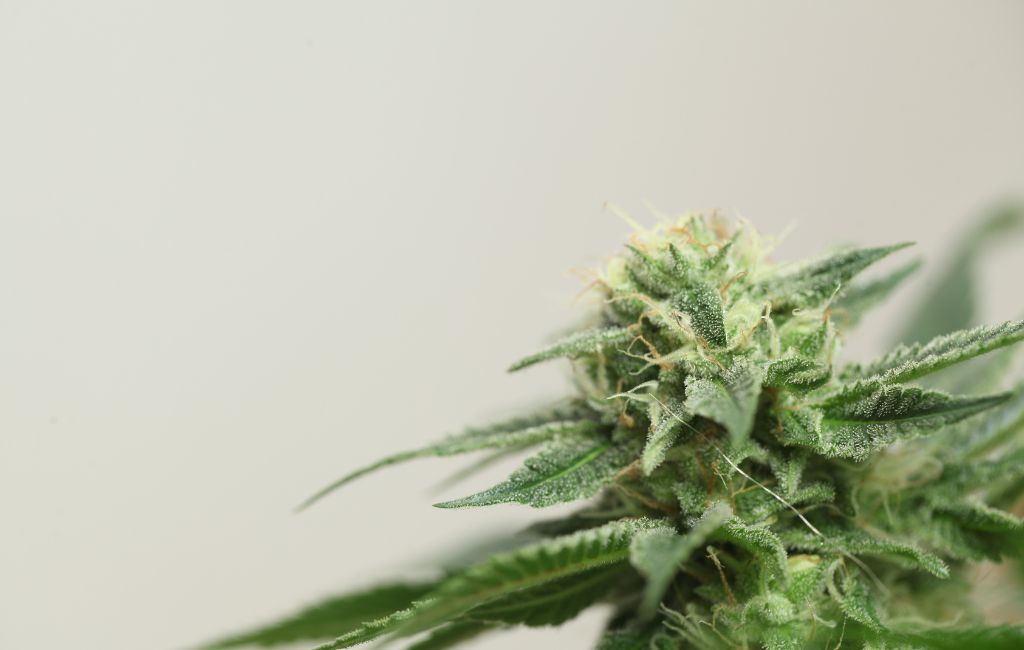THCa Flower: Harnessing the Power of Raw Cannabis for Health
Raw cannabis, particularly THCa flower, has been gaining attention for its potential health benefits. Unlike its more famous counterpart, THC, THCa is non-psychoactive and offers a range of therapeutic properties. This article explores the benefits, uses, and scientific backing of THCa flower, providing a comprehensive understanding of its role in health and wellness.
What is THCa?
THCa, or tetrahydrocannabinolic acid, is a cannabinoid found in raw cannabis plants. It is the precursor to THC, the compound responsible for the psychoactive effects of cannabis. When cannabis is heated through smoking, vaping, or cooking, THCa converts to THC. In its raw form, THCa does not produce a high, making it an attractive option for those seeking the medicinal benefits of cannabis without the psychoactive effects.
Health Benefits of THCa Flower
Research into THCa is still in its early stages, but preliminary studies and anecdotal evidence suggest several potential health benefits:
- Anti-inflammatory Properties: THCa has shown promise in reducing inflammation, which can be beneficial for conditions like arthritis and inflammatory bowel disease.
- Neuroprotective Effects: Some studies indicate that THCa may help protect brain cells, potentially offering benefits for neurodegenerative diseases such as Alzheimer’s and Parkinson’s.
- Anti-emetic Properties: THCa may help reduce nausea and vomiting, making it useful for patients undergoing chemotherapy or those with chronic conditions that cause nausea.
- Antioxidant Properties: As an antioxidant, THCa can help combat oxidative stress, which is linked to various chronic diseases and aging.
How to Use THCa Flower
There are several ways to incorporate THCa flower into your wellness routine:
- Juicing: One of the most popular methods is juicing raw cannabis leaves and flowers. This preserves the THCa and allows for easy consumption.
- Raw Consumption: THCa flower can be added to salads, smoothies, or other raw dishes. This method ensures that the THCa remains intact.
- Tinctures and Oils: Some companies offer THCa tinctures and oils, which can be taken sublingually or added to food and drinks.
Scientific Studies and Case Examples
Several studies and case examples highlight the potential of THCa:
- A 2013 study published in the British Journal of Pharmacology found that THCa exhibited anti-inflammatory properties in animal models, suggesting its potential for treating inflammatory conditions.
- In a 2017 study, researchers at the University of Guelph discovered that THCa had neuroprotective effects in cell cultures, indicating its potential for neurodegenerative diseases.
- Anecdotal evidence from patients with chronic conditions like epilepsy and multiple sclerosis suggests that THCa may help reduce symptoms and improve quality of life.
Legal Considerations
The legal status of THCa varies by region. In some areas, raw cannabis and THCa products are legal for medical or recreational use, while in others, they remain restricted. It’s important to research local laws and regulations before purchasing or using THCa flower.
Potential Side Effects
While THCa is generally considered safe, some individuals may experience side effects. These can include:
- Dry mouth
- Dizziness
- Digestive issues
Consulting with a healthcare provider before starting any new supplement, including THCa, is always recommended.
Conclusion
THCa flower offers a promising alternative for those seeking the health benefits of cannabis without the psychoactive effects. With its anti-inflammatory, neuroprotective, anti-emetic, and antioxidant properties, THCa has the potential to support various aspects of health and wellness. As research continues to uncover its benefits, THCa may become a valuable component of holistic health practices.
